Activism: Women's Rights
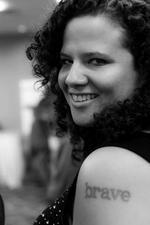
Jaclyn Friedman
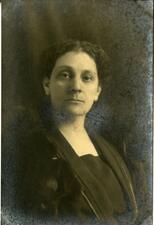
Ida Weis Friend
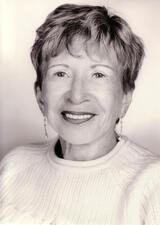
Sonia Pressman Fuentes
Sonia Pressman Fuentes, the first female attorney in the office of the general counsel of the Equal Employment Opportunity Commission, helped extend the Civil Rights Act’s protections of equal opportunity to all people regardless of gender.
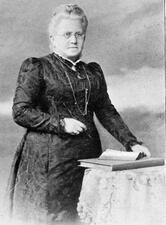
Germany: 1750-1945
The Jewish Reform movement did not liberate women from their subordinate religious status, and the nineteenth-century bourgeois German family ideal with its rigid gender roles soon eclipsed the fluid structure of premodern Jewish families. Jewish women were expected to transmit German bourgeois values while also shaping their children’s Jewish identity.
Susan Brandeis Gilbert
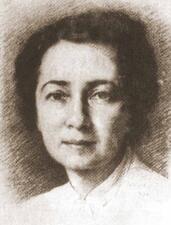
Rosa Ginossar
Rosa Ginossar’s determined lobbying of the British Authority in Palestine won women the right to practice law in Israel.
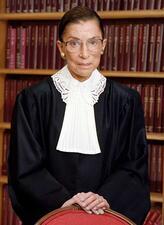
Ruth Bader Ginsburg
Ruth Bader Ginsburg is a unique figure in the history of American law, and indeed, of the twentieth-century women’s rights movement. The founder of the American Civil Liberties Union Women’s Rights Project in 1972, she was confirmed for the United States District Court for the District of Columbia in 1980 and became the first Jewish woman on the Supreme Court in 1993.
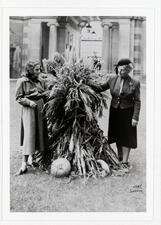
Adele Ginzberg
Known as “Mama G.” by generations of admirers, Adele Ginzberg was an influential figure in the Conservative Movement as wife of the famed Louis Ginzberg, professor of Talmud at the Jewish Theological Seminary, and was an active member of the National Women’s League of the United Synagogue. Ginzberg was a role model and inspiration to rabbinical students and women leaders and an early supporter of equal rights for women in synagogue rituals.

Carrie Goldberg
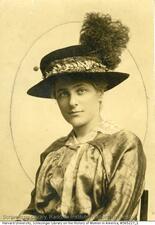
Pauline Goldmark
Pauline Goldmark was a social worker and activist, part of a group of women seeking the vote and reforms of the urban and industrial excesses of the early twentieth century. A pioneer in methods of social research central to reform efforts, Goldmark was indispensable to labor rights initiatives.
Henriette Goldschmidt
At a time when women were banned from universities, Henriette Benas Goldschmidt championed women’s education as a crucial building block of a healthy society. She co-founded the General Association of German Women in 1865 and served on the association’s board until 1906, advocating women’s education for the betterment of society. In 1911 she created her crowning achievement, the Leipzig College for Women, Germany’s first women’s college.
Rebecca Fischel Goldstein
The quintessential rebbetzin [rabbi’s wife], Rebecca Fischel Goldstein was a prime mover in her husband’s drive to build the Institutional Synagogue and make it a center of Jewish life in Harlem. As a consummate volunteer leader, she strove to make women a dominant force in organized Jewish life.
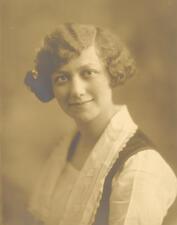
Rose (Berman) Goldstein
An early advocate of increased rights and responsibilities for women in Jewish life, Rose Goldstein was a prominent leader in the National Women’s League of the United Synagogue of America. She published a book detailing her relationship between scripture and her own self-understanding in 1972.
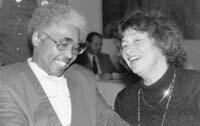
Janice Goodman
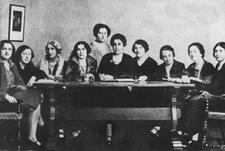
Romana Goodman
Romana Goodman (1885-1955) was a staunch feminist and passionate Zionist who helped establish the influential Women’s International Zionist Organization (WIZO) in 1918. During her career, she was also a founding member of the Jewish Women’s League for Cultural Work in Palestine, helped lead several Zionist conferences, and assisted in the creation of the first B’nai B’rith women’s lodge in England in 1919.
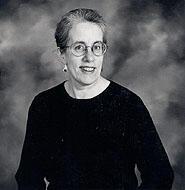
Maralee Gordon
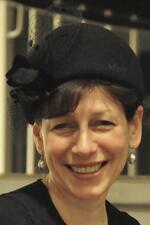
Tina Grimberg
Mary Belle Grossman
In 1918, Mary Belle Grossman became one of the first two women admitted to membership in the American Bar Association. After the passage of the Nineteenth Amendment in 1920, she became one of Cleveland’s most successful political activists.
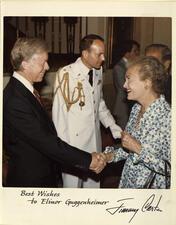
Elinor Guggenheimer
Elinor Guggenheimer first toured New York City day nurseries as a member of the Federation of Jewish Philanthropies during the 1930s. Horrified by what she saw, Guggenheimer began a lifelong crusade for improved and standardized child care facilities across the country, in addition to her work promoting women in public office.
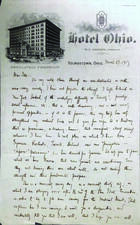
Ida Espen Guggenheimer
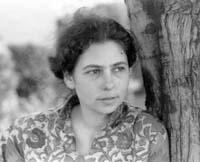
Barbara Jacobs Haber

Hadassah: Yishuv to the Present Day
Hadassah, the Women’s Zionist Organization of America (HWZOA) has a lengthy history of activity in the Yishuv and Israel, going back to 1913, about a year after it was founded in New York, and continuing to this day. This activity, outstanding in its scope, continuity, stability, and diversity, encompasses efforts in the sphere of health and medical services and in the welfare of children and youth.
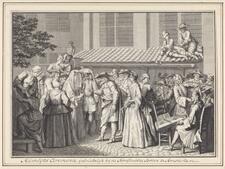
Halakhic Decisions on Family Matters in Medieval Jewish Society
Across the medieval Jewish world, rabbis used takkanot (rabbinic decrees) to address urgent needs in family life among their Jewish communities. These takkanot are key historical sources for understanding the changing roles of women in the medieval Jewish world.

Haskalah Attitudes Toward Women
Just as the many well-known thinkers of the Enlightenment debated the proper role of women in society, so did the maskilim, the men of intellect who burst upon Ashkenazi Jewish society in the eighteenth- and nineteenth-century revolution known as Haskalah. Dominated by men, the movement critiqued Jewish tradition and encouraged modernity among Jews, but simultaneously met Jewish women’s pursuit of modernity with ambivalence.
Haskalah Literature: Portrayal of Women
The image of women in Haskalah literature reflects the relationship between the sexes in eighteenth- and nineteenth-century Ashkenazi Jewish society and European culture. But Haskalah writers wished to shape new patterns of male-female relationships among their reading public; to change, at least partly, the attitude of men towards women; and to ‘improve’ women’s conduct within the home and community.


